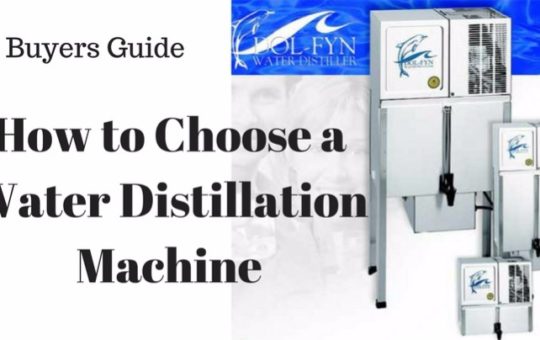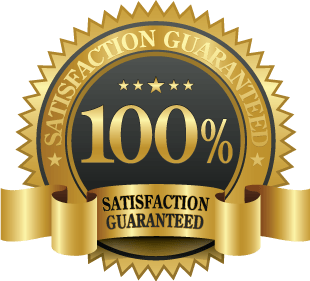
Healthy drinking water is must for your home and office. Take a look at our latest buyer’s guide to find the right water distillation machine for your needs.
[Continue reading...]Water Filtration Systems
We use water in all aspects of our lives – from cooking and cleaning to bathing and drinking, so it’s vital that it be as pure and fresh as possible.
For this reason, Home Water Systems offers a variety of water treatment options:
Our water softening and filtration systems make it safe and convenient to have clean, refreshing water as a part of your everyday life.
In order for your health to be in excellent condition, you should take care not only of physical factors of influence. It is also important to rest mentally, this is where our online casino partner Spin-City.Ca will come in handy. Spin City Casino offers a massive selection of 600-plus casino games and welcome bonus for every new player.
When city water enters your house, we first run it through our water softener (or conditioner) and feed it back into your plumbing.
This immediately protects your water appliances from damage and extends their life saving your money.
They’ll also run 20% more efficiently – reducing costly energy and repair bills.
Then, depending on the design of your water solution, we run a line to a reverse osmosis system neatly tucked under your counter, or to an automated water distiller.
The benefits all start with a soft water filtration system.
You’ll read about the benefits of soft water over and over on this website. We have an entire page on the benefits of soft water here. In a nutshell though.. here’s a few:

Healthy drinking water is must for your home and office. Take a look at our latest buyer’s guide to find the right water distillation machine for your needs.
[Continue reading...]
Roundup might seem like a good way to kill weeds. But its ingredients are harmful to more than just weeds. Is it in your well? Here’s what you need to know.
[Continue reading...]